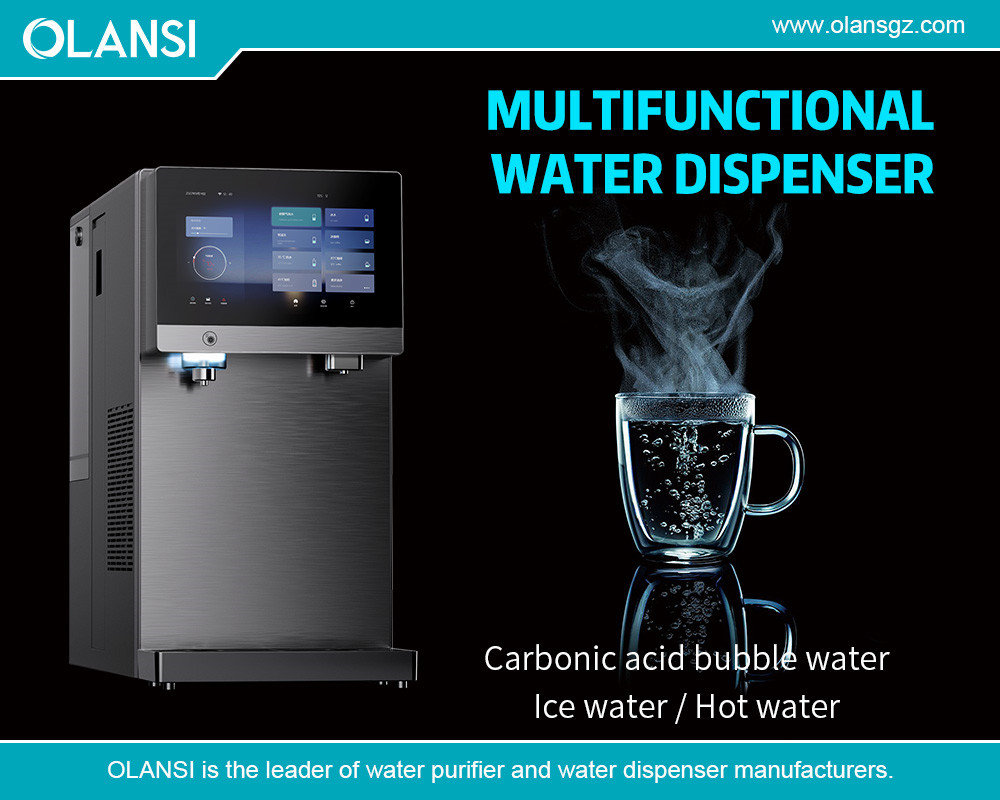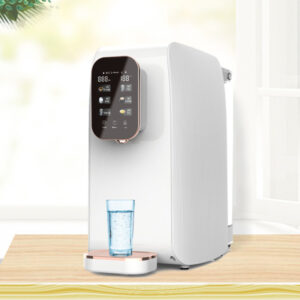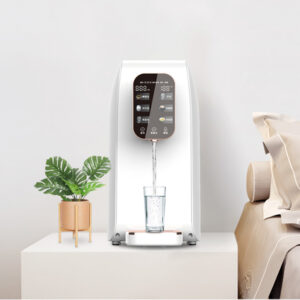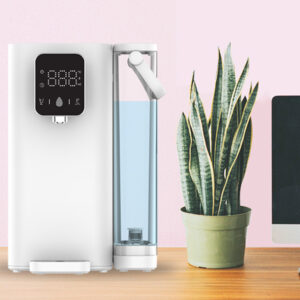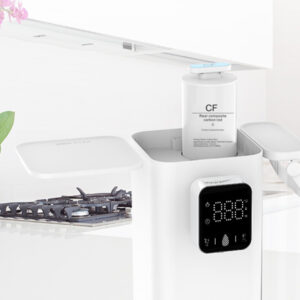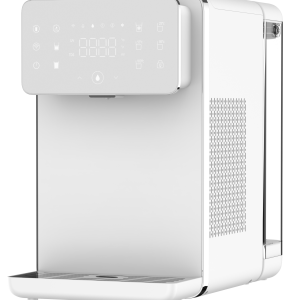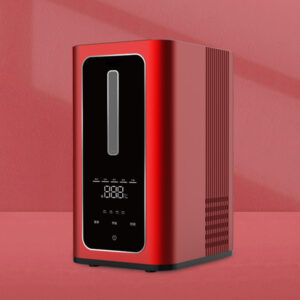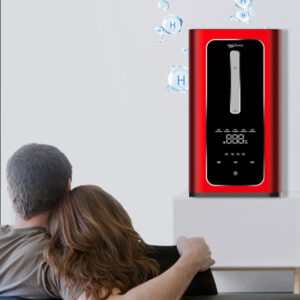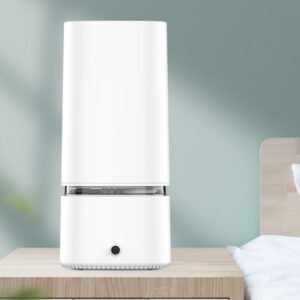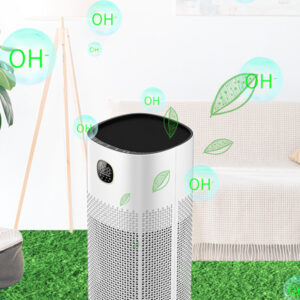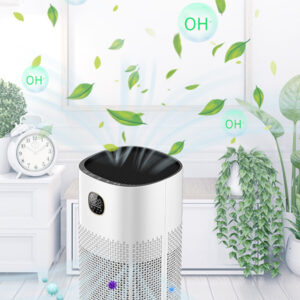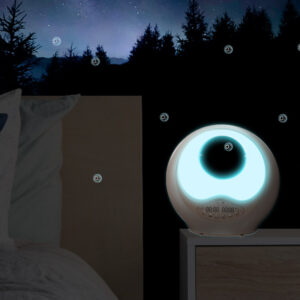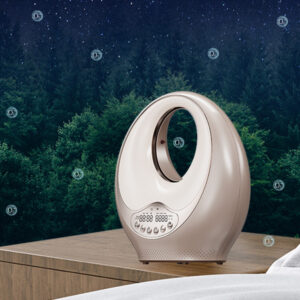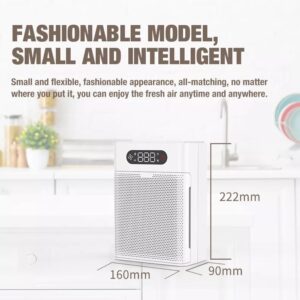Commercial Soda Maker – Top Maintenance Tips for Optimum Performance
As a business owner or manager in the food and beverage industry, you understand the importance of providing high-quality products to your customers. A commercial soda maker is an essential piece of equipment that allows you to serve refreshing and carbonated beverages to your patrons. However, like any other machine, regular maintenance is crucial to keep it running smoothly and efficiently. In this blog post, we will share some professional tips on how to maintain your commercial soda maker for optimal performance and longevity. So, let’s dive in and discover the secrets to keeping your soda maker in top shape!
Cleaning and Sanitizing the Soda Maker
Cleaning and sanitizing a commercial soda maker is an important part of regular maintenance. This helps to remove any residue or buildup that may be present in the machine, as well as kill any bacteria or other contaminants that may be present.
To clean a soda maker, start by disconnecting it from the power source and removing any attachments or accessories. Then, use a damp cloth or sponge to wipe down the exterior of the machine, removing any dirt or grime that may be present. Be sure to pay attention to any crevices or hard-to-reach areas.
Next, remove the carbonation tank and rinse it with warm water to remove any remaining carbonated beverage residue. Use a mild detergent or cleaning solution to clean the tank, making sure to scrub it thoroughly. Rinse the tank again with warm water to remove any soap residue.
To sanitize the soda maker, mix a solution of water and bleach or another sanitizing agent according to the manufacturer’s instructions. Use a clean cloth or sponge to apply the sanitizing solution to all surfaces of the machine, including the carbonation tank and any attachments. Allow the solution to sit for the recommended amount of time, then rinse the machine thoroughly with clean water.
Replacing the CO2 Cylinder
The CO2 cylinder is an essential component of a commercial soda maker, as it provides the carbonation for the beverages. It is important to replace the cylinder regularly to ensure that the machine continues to operate properly.
To replace the CO2 cylinder, start by turning off the soda maker and disconnecting it from the power source. Locate the cylinder and remove it from the machine, following the manufacturer’s instructions. Be sure to handle the cylinder with care, as it contains pressurized gas.
Next, check the expiration date on the new CO2 cylinder to ensure that it is still within its usable period. Attach the new cylinder to the soda maker, following the manufacturer’s instructions. Make sure that it is securely fastened and that there are no leaks.
Once the new cylinder is in place, turn on the soda maker and test it to ensure that it is working properly. If you notice any issues or leaks, turn off the machine and consult the manufacturer’s instructions or contact a professional for assistance.
Checking and Adjusting the Carbonation Level
The carbonation level of the beverages produced by a commercial soda maker can be adjusted to suit individual preferences. It is important to regularly check and adjust the carbonation level to ensure that the drinks are being served at their best quality.
To check the carbonation level, start by filling a glass with carbonated water from the soda maker. Take a sip and assess the level of carbonation. If the water is too flat or lacks fizz, you may need to increase the carbonation level. If the water is too fizzy or has too much carbonation, you may need to decrease the carbonation level.
To adjust the carbonation level, refer to the manufacturer’s instructions for your specific soda maker. Most machines have a control knob or dial that allows you to increase or decrease the carbonation level. Make small adjustments at a time and test the water after each adjustment until you achieve the desired level of carbonation.
Lubricating the Moving Parts
Lubricating the moving parts of a commercial soda maker is an important part of regular maintenance. This helps to ensure that the machine operates smoothly and efficiently, reducing the risk of wear and tear on its components.
To lubricate the moving parts, start by turning off the soda maker and disconnecting it from the power source. Locate the moving parts, such as the levers or buttons, and apply a small amount of food-grade lubricant to them. Be sure to use a lubricant that is safe for use with food and beverages.
Gently move the parts back and forth to distribute the lubricant evenly. Wipe away any excess lubricant with a clean cloth or paper towel. Reconnect the soda maker to the power source and turn it on to ensure that the moving parts are working smoothly.
Inspecting and Replacing the Dispensing Nozzle
The dispensing nozzle of a commercial soda maker is responsible for delivering the carbonated beverages to the customer. It is important to regularly inspect and replace the nozzle to ensure that it is clean and functioning properly.
To inspect the dispensing nozzle, start by turning off the soda maker and disconnecting it from the power source. Remove the nozzle from the machine, following the manufacturer’s instructions. Inspect the nozzle for any signs of damage, such as cracks or clogs.
If the nozzle is damaged or clogged, it will need to be replaced. Refer to the manufacturer’s instructions for your specific soda maker to determine how to remove and replace the nozzle. Install the new nozzle according to the instructions, making sure that it is securely fastened.
Storing the Soda Maker Properly
Proper storage of a commercial soda maker is important for prolonging its life and maintaining its performance. When the machine is not in use, it should be stored in a clean and dry environment, away from any sources of heat or moisture.
To store the soda maker, start by turning it off and disconnecting it from the power source. Remove any attachments or accessories and clean them thoroughly. Wipe down the exterior of the machine with a clean cloth or sponge to remove any dirt or grime.
Next, wrap the machine in a clean cloth or cover it with a dust cover to protect it from dust and debris. Store it in a cool and dry place, away from direct sunlight or extreme temperatures. Avoid storing the machine near any chemicals or cleaning products that could potentially damage it.
Final Thoughts on Maintaining a Commercial Soda Maker
In conclusion, regular maintenance is essential for ensuring that a commercial soda maker operates at its best performance. Cleaning and sanitizing the machine, replacing the CO2 cylinder, checking and adjusting the carbonation level, lubricating the moving parts, inspecting and replacing the dispensing nozzle, troubleshooting common issues, and storing the machine properly are all important aspects of maintaining a commercial soda maker.


